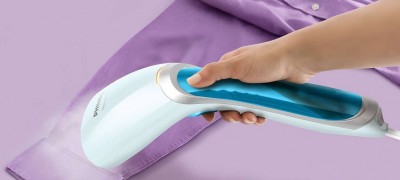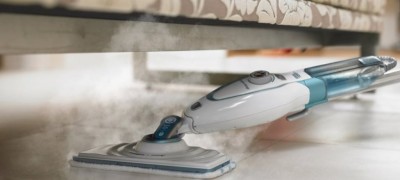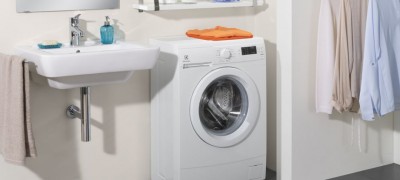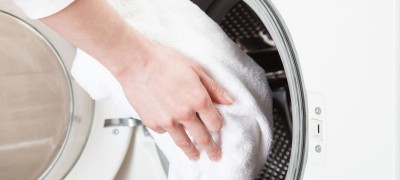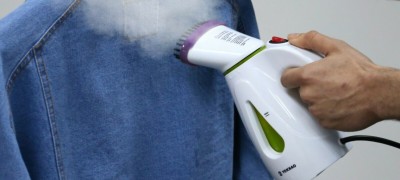Which furniture stapler is better
A furniture stapler is an indispensable tool in everyday life. It is mainly used for upholstered furniture upholstery: armchairs, chairs, sofas. Furniture stapler is also used in other everyday situations when it is necessary to secure the elements.
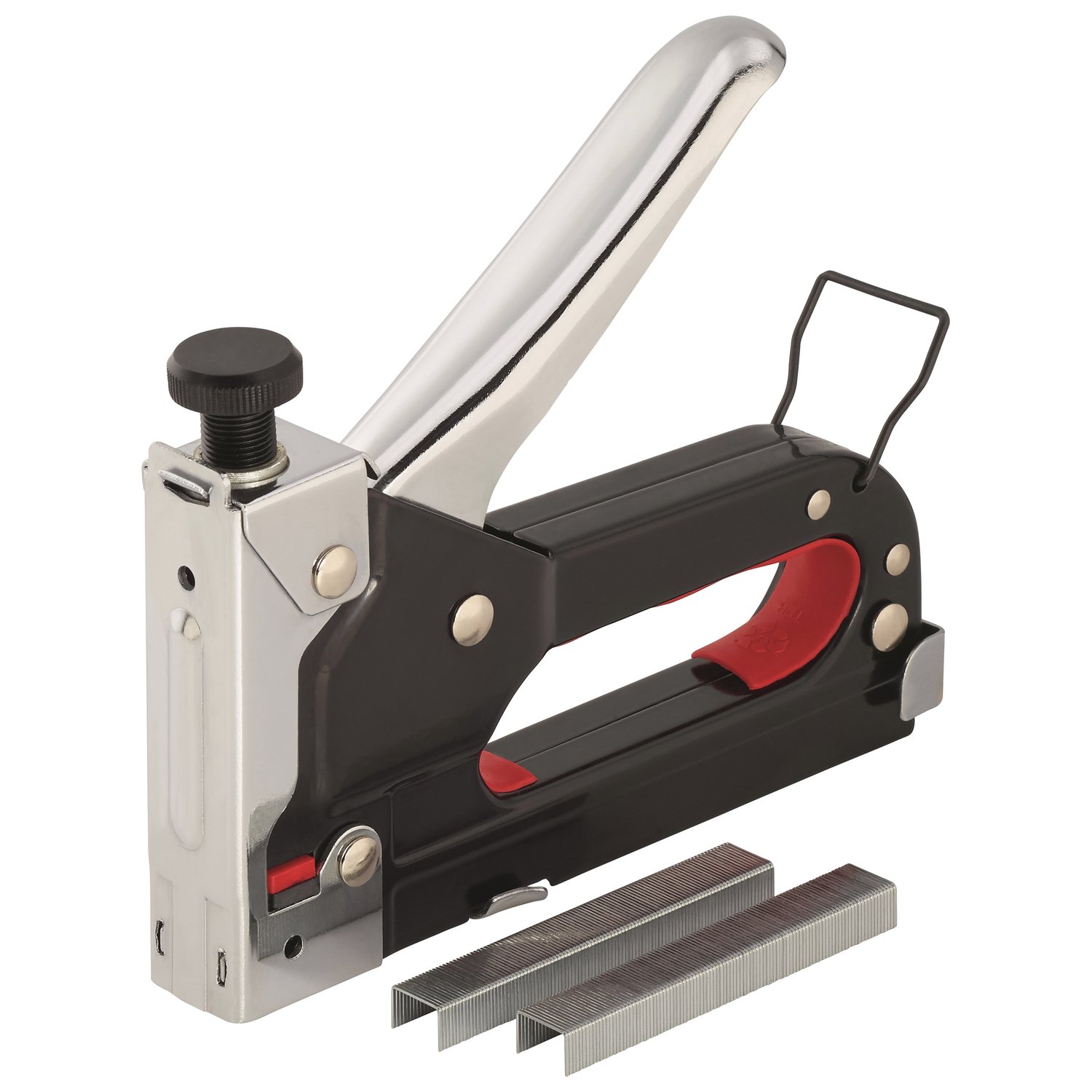
For example, it is convenient for them to nail a greenhouse film to the greenhouse frame or to fasten wooden elements together when assembling boxes and frames.
What is a furniture stapler
The stapler staples various materials by “shooting” staples. The system employs an impact mechanism, which is set in motion by means of a spring. Depending on the type of stapler, the action on the spring is carried out by muscle force or by a motor.
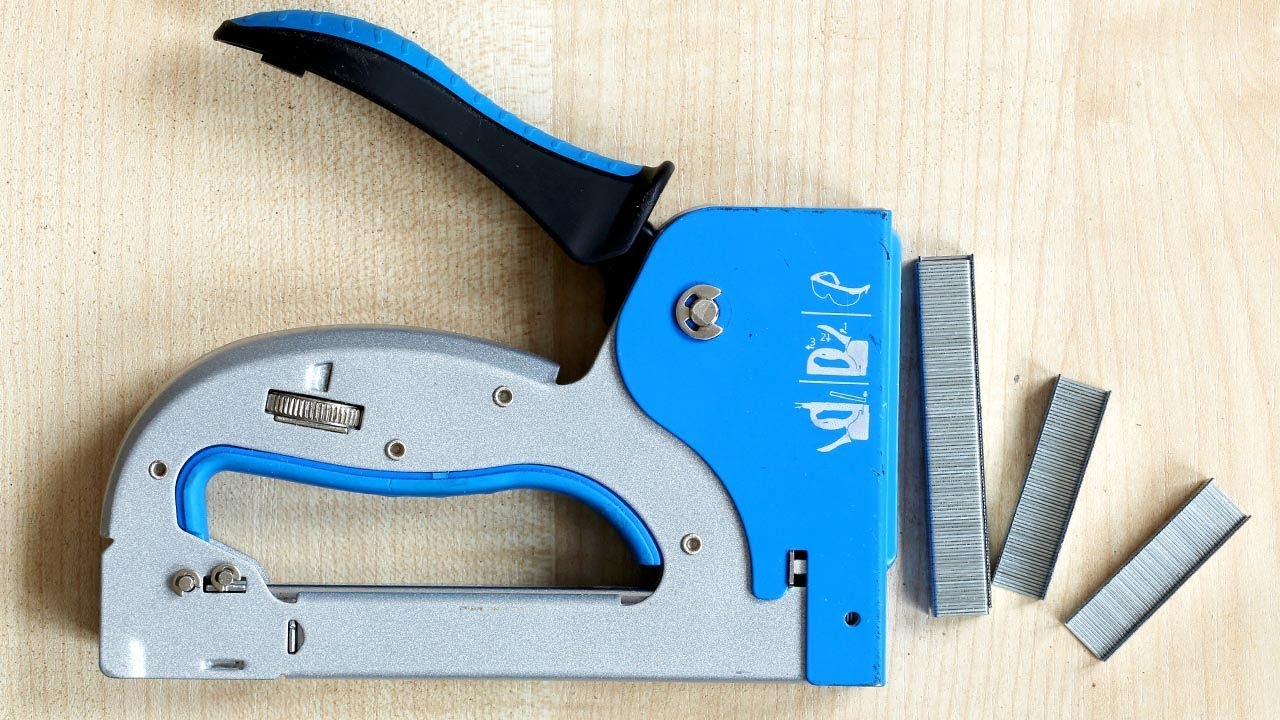
The principle of operation in both cases is simple: the master places the staples of the desired size in the magazine, then pulls the trigger, pulling the bracket out of the holder, and drives it into the surface. Such a simple design allows one material to be firmly attached to another, for example, soft upholstery material to a wooden furniture body.
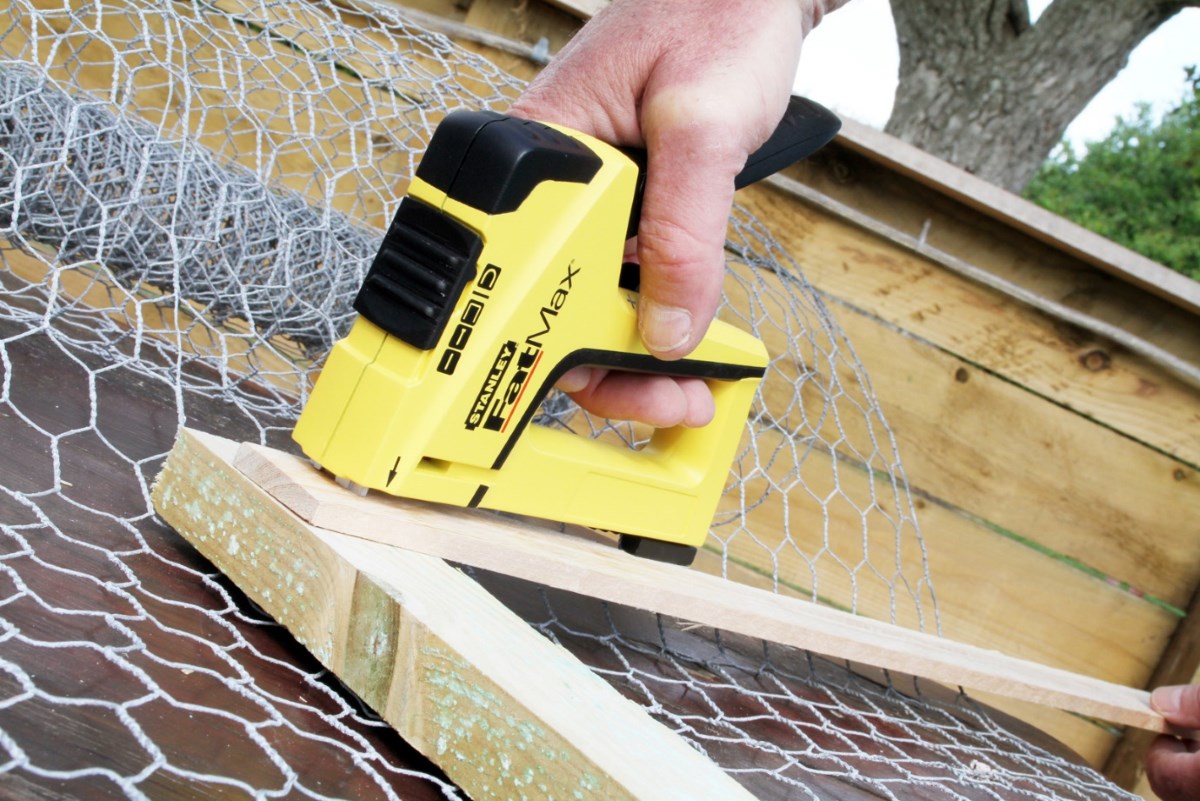
This tool has several advantages over a conventional hammer: the master can work with a stapler with one hand, drive staples in hard-to-reach places and do it quickly.
Types of staplers
There are several types of furniture staplers:
- mechanical;
- pneumatic;
- electric.
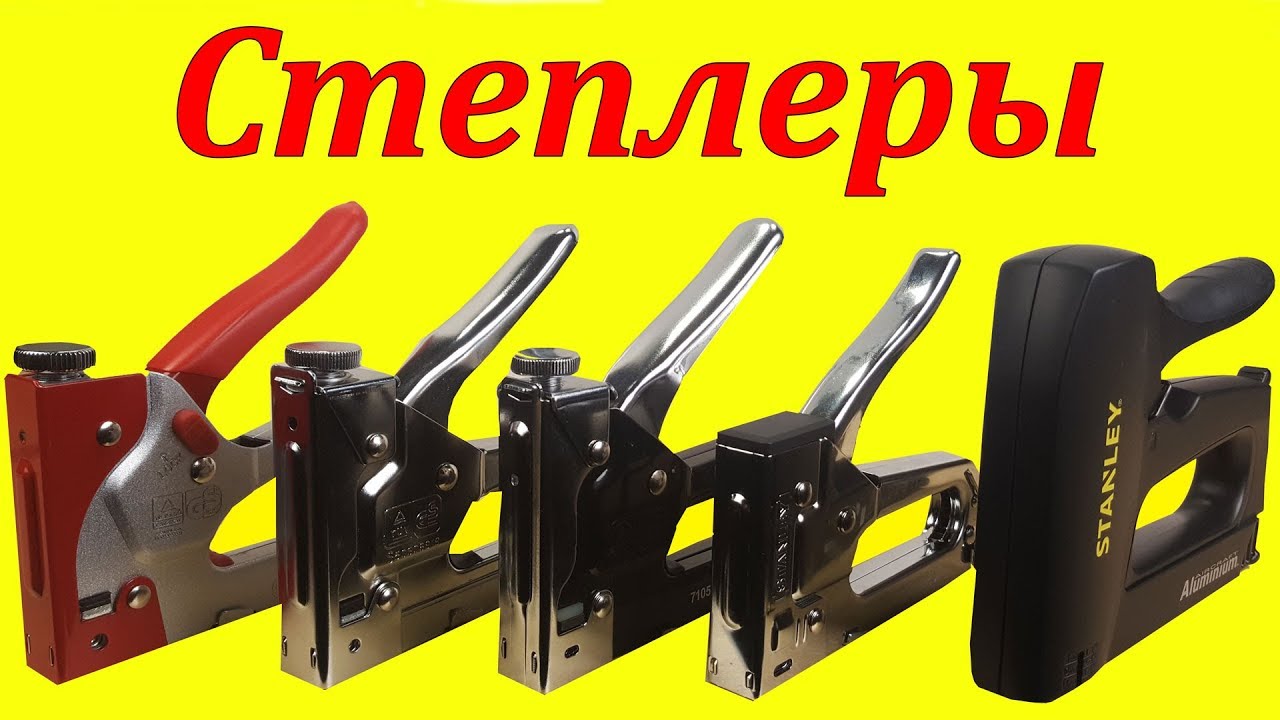
Mechanical stapler
The mechanical (manual) stapler is most popular in the home. There are several reasons for this. It is inexpensive, mobile, light enough and rarely fails. It is distinguished by a simple device - the staples are fired by a spring, which is acted upon by physical force.
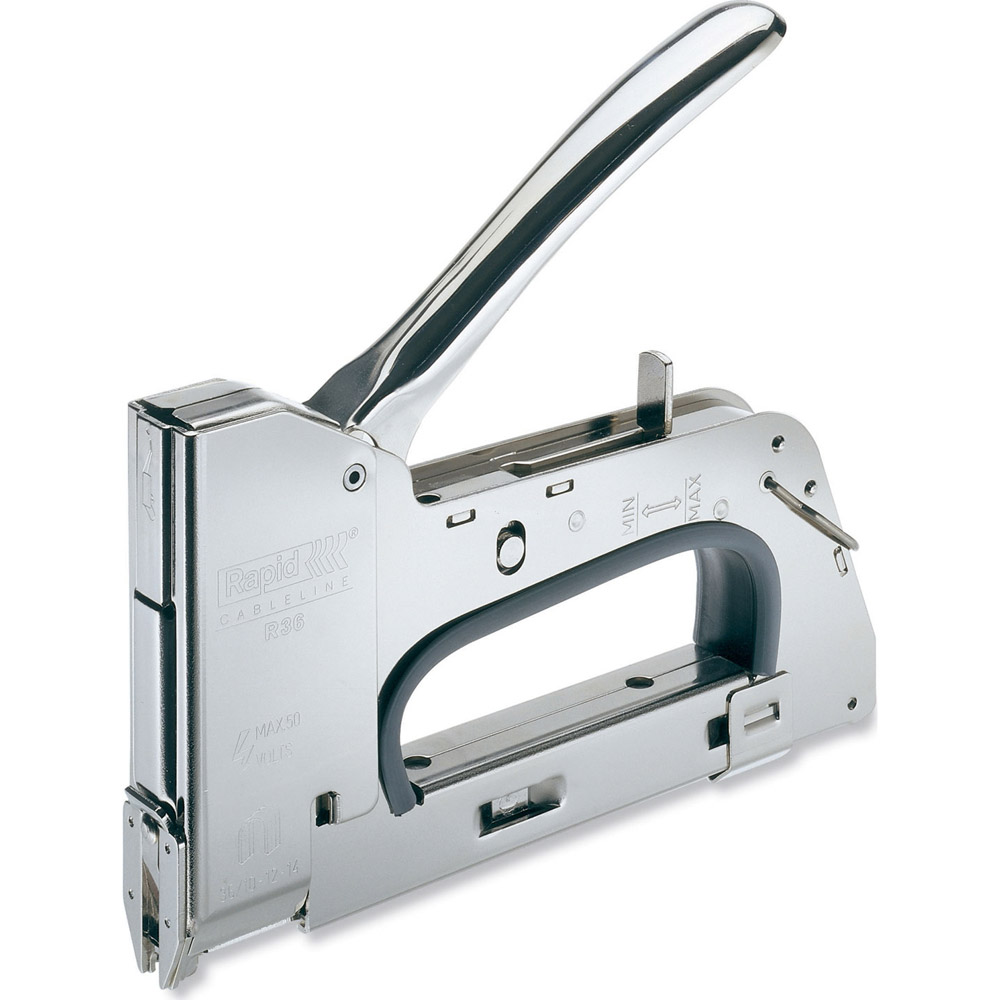
Even a beginner can use a manual stapler - everything is intuitive here.
Professional advice! The hand stapler needs to be adjusted before use. To do this, you can use a "draft" - a piece of board or plywood.
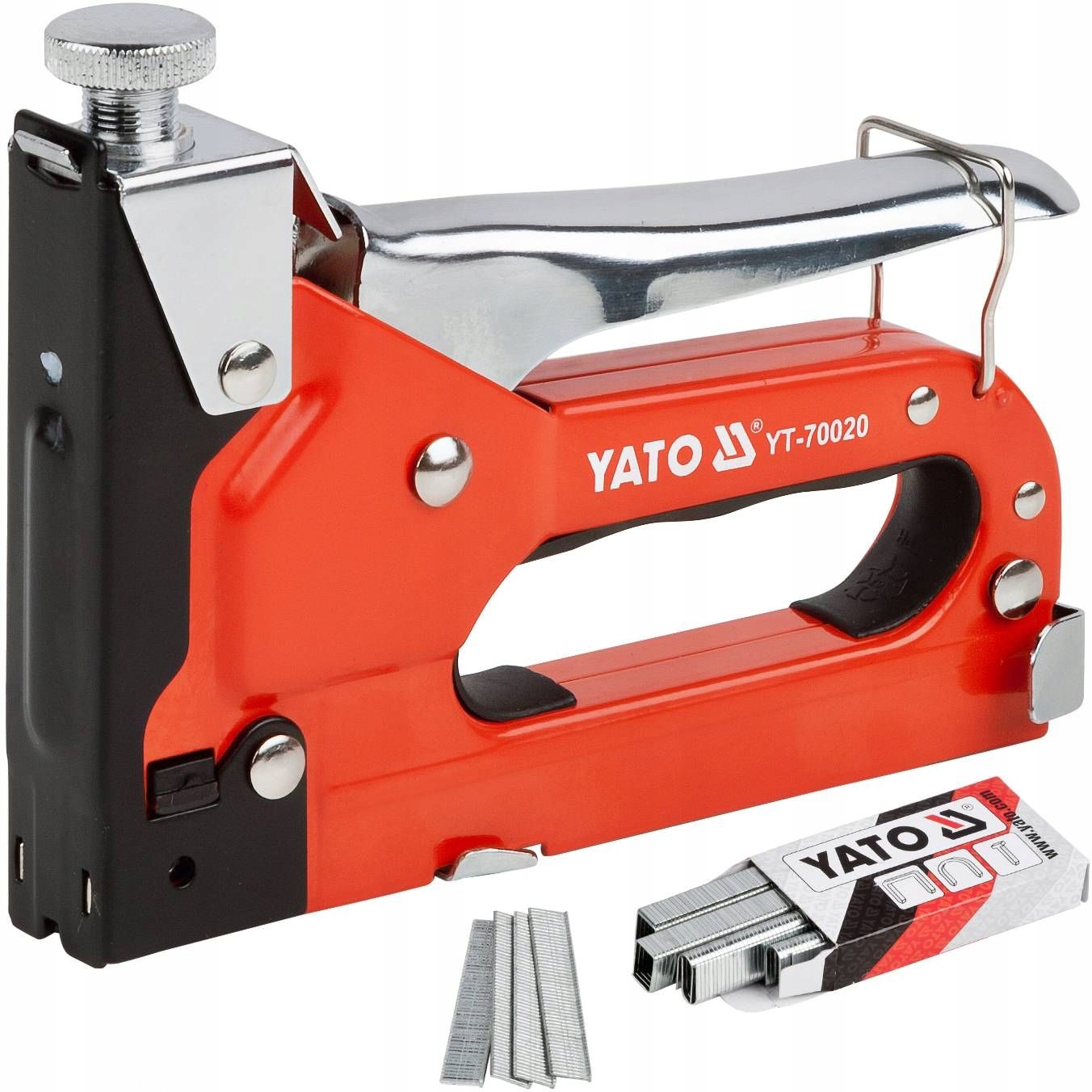
Pros of a mechanical stapler:
- mobility: no need to connect to the network, you can work anywhere, not just at home next to a power outlet;
- ease of use: it is lightweight, rarely breaks, safe;
- price.
Minuses:
- Physical effort is required. If the volume of work is large, it is tedious and time-consuming;
- Doesn't have enough power when working with dense materials.
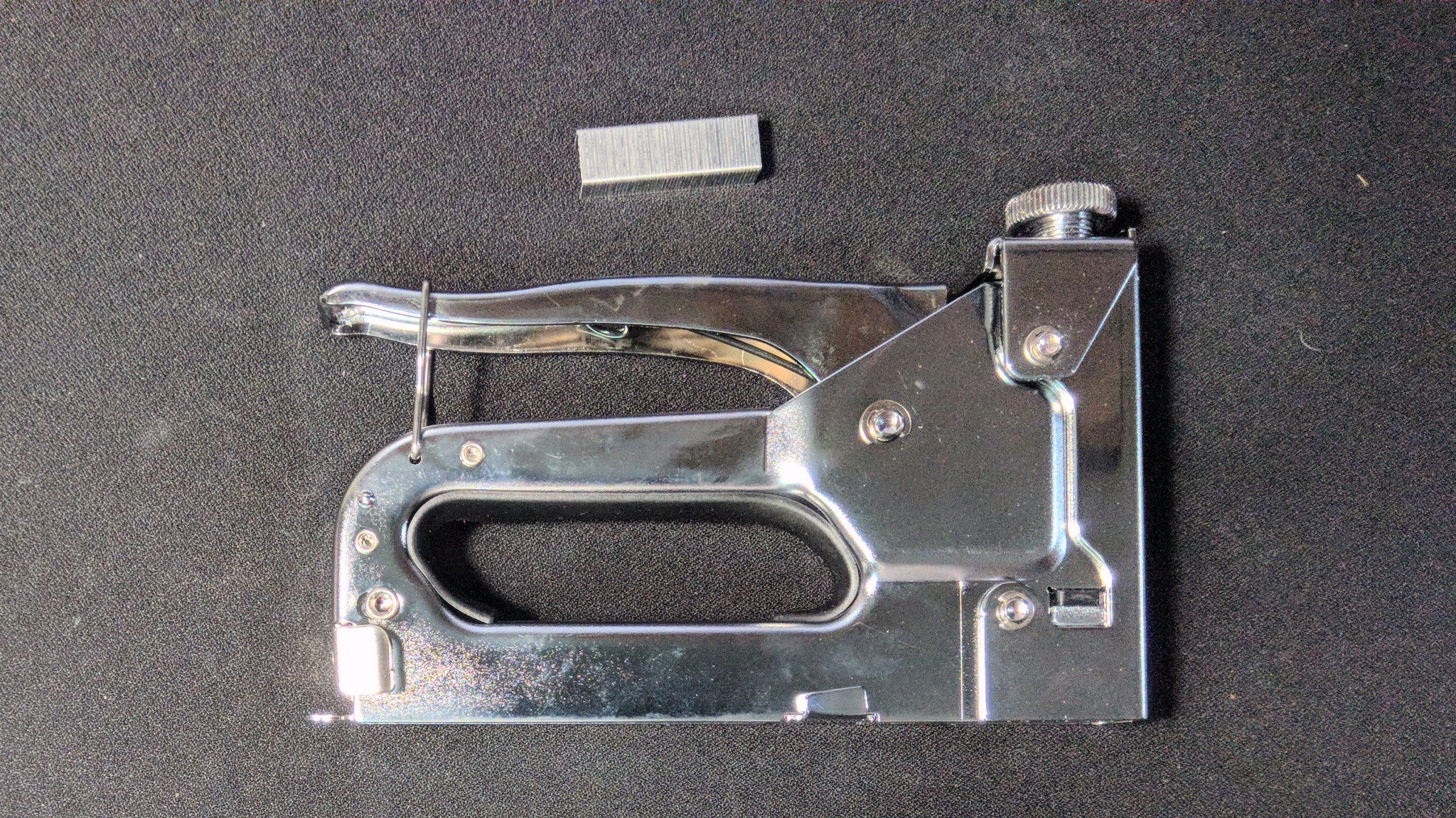
Pneumatic stapler
It is a powerful tool that works with compressed air pressure. Instead of a spring, a pneumatic cylinder is built into it. Thanks to its high speed, such a tool quickly copes with a large amount of work.
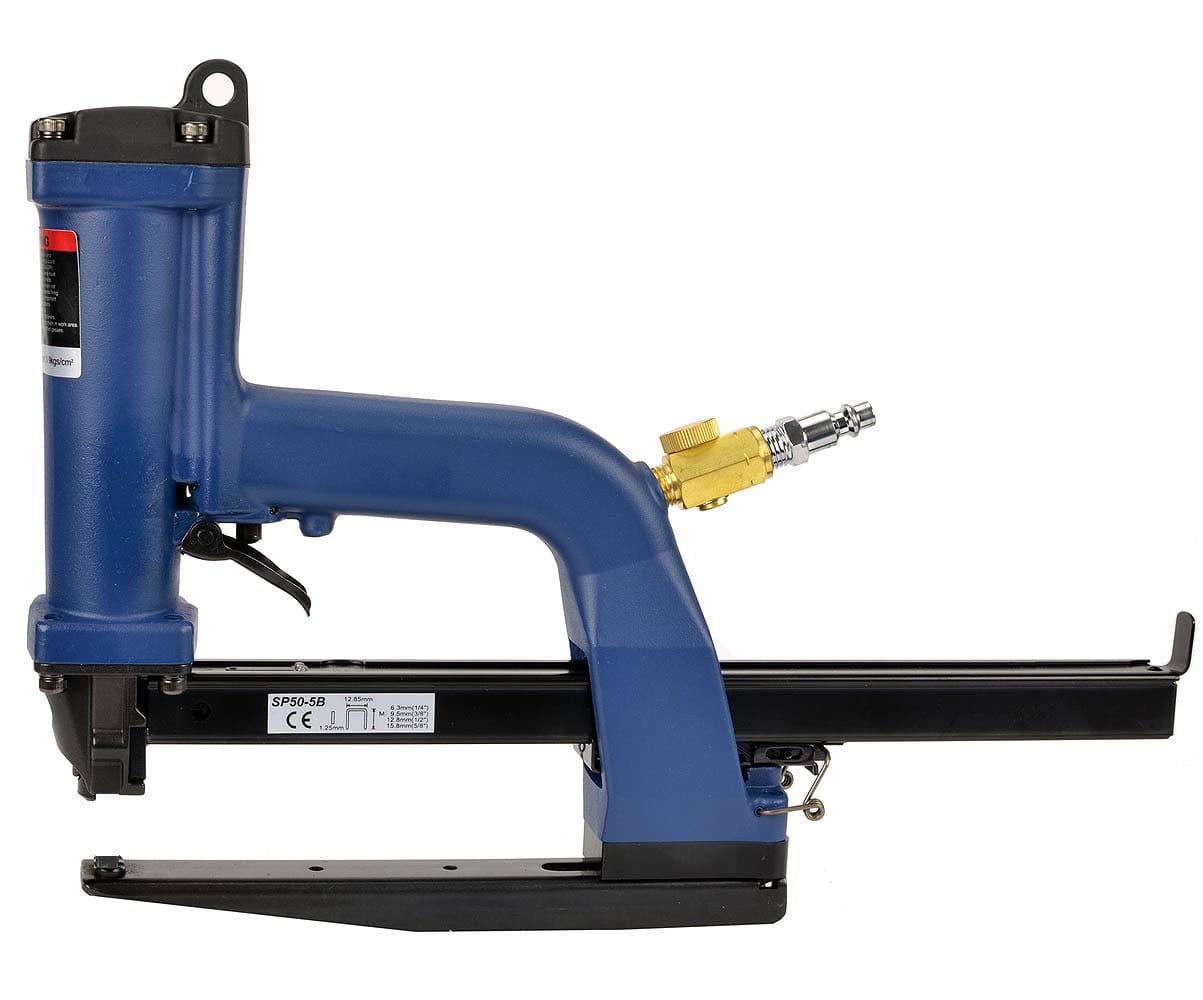
It is used mainly in industries, as it requires a compressor and access to the power grid. It has a fairly large weight and high cost, which makes it difficult to use it at home.
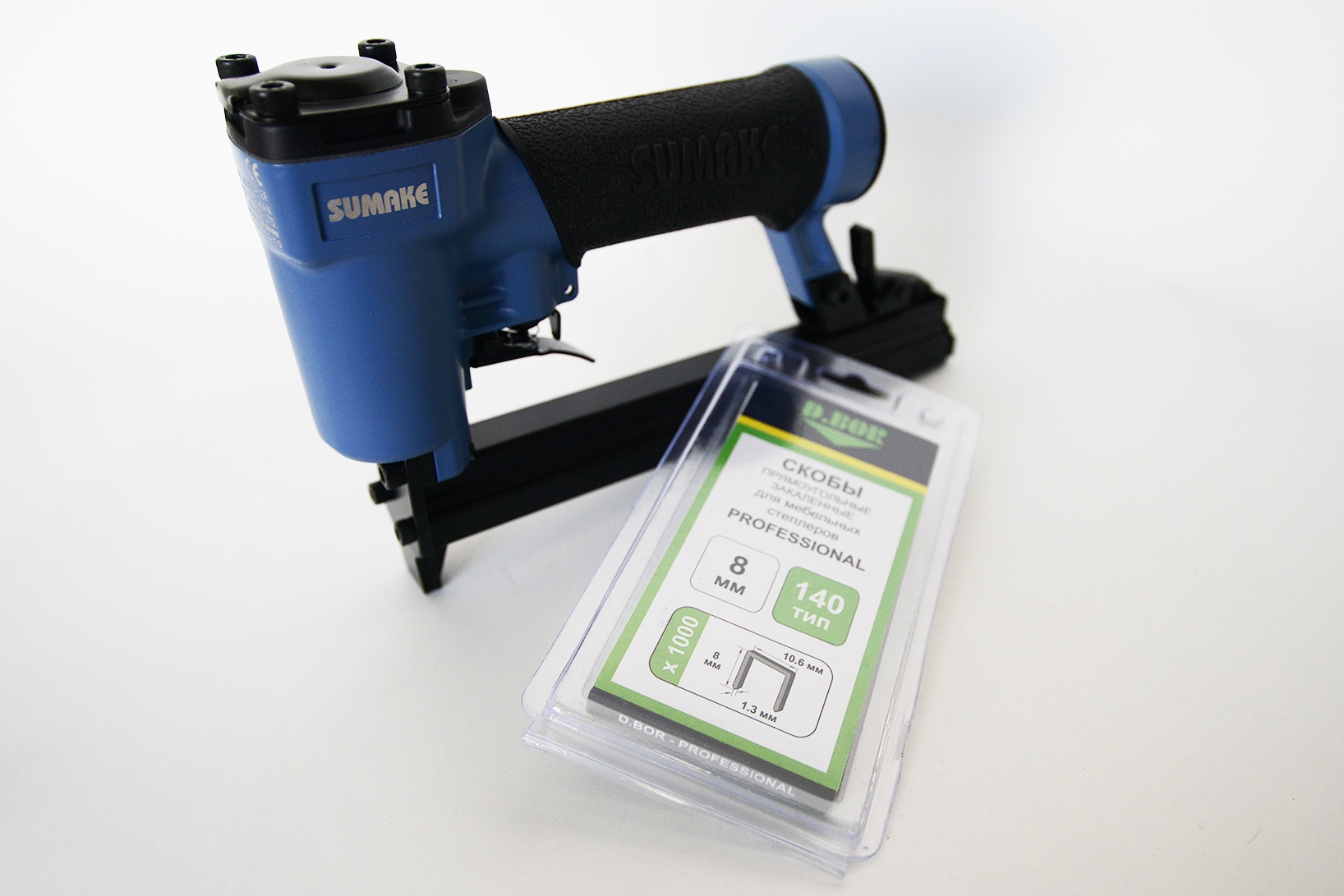
Pros of a pneumatic stapler:
- it is more powerful;
- works quickly, does not require physical exertion.
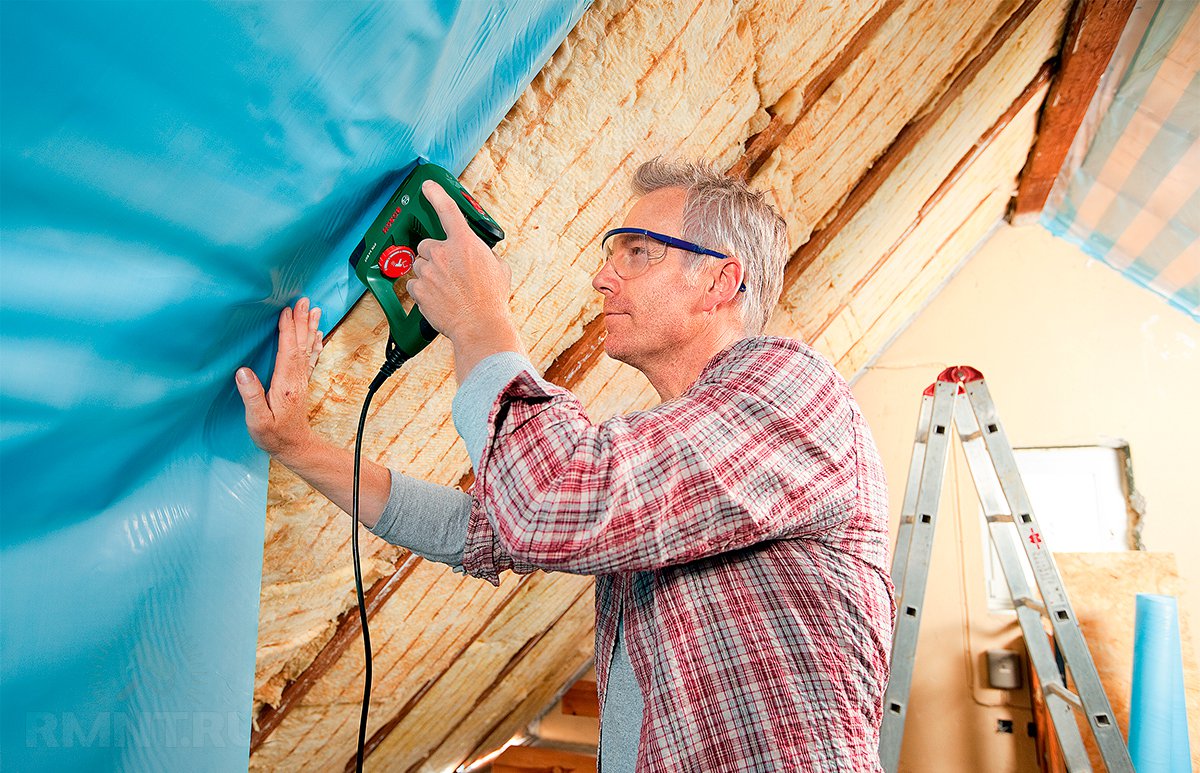
Minuses:
- the device is quite expensive, a compressor and electricity are needed for operation;
- heavy and oversized;
- requires certain skills.
Electric stapler
The electrically powered models use the same spring as the mechanical ones, but have a built-in motor. It operates on mains or battery power and completely replaces the work of the muscles. By connecting the motor, the impact force of the staple becomes much higher, which allows you to work with denser materials.
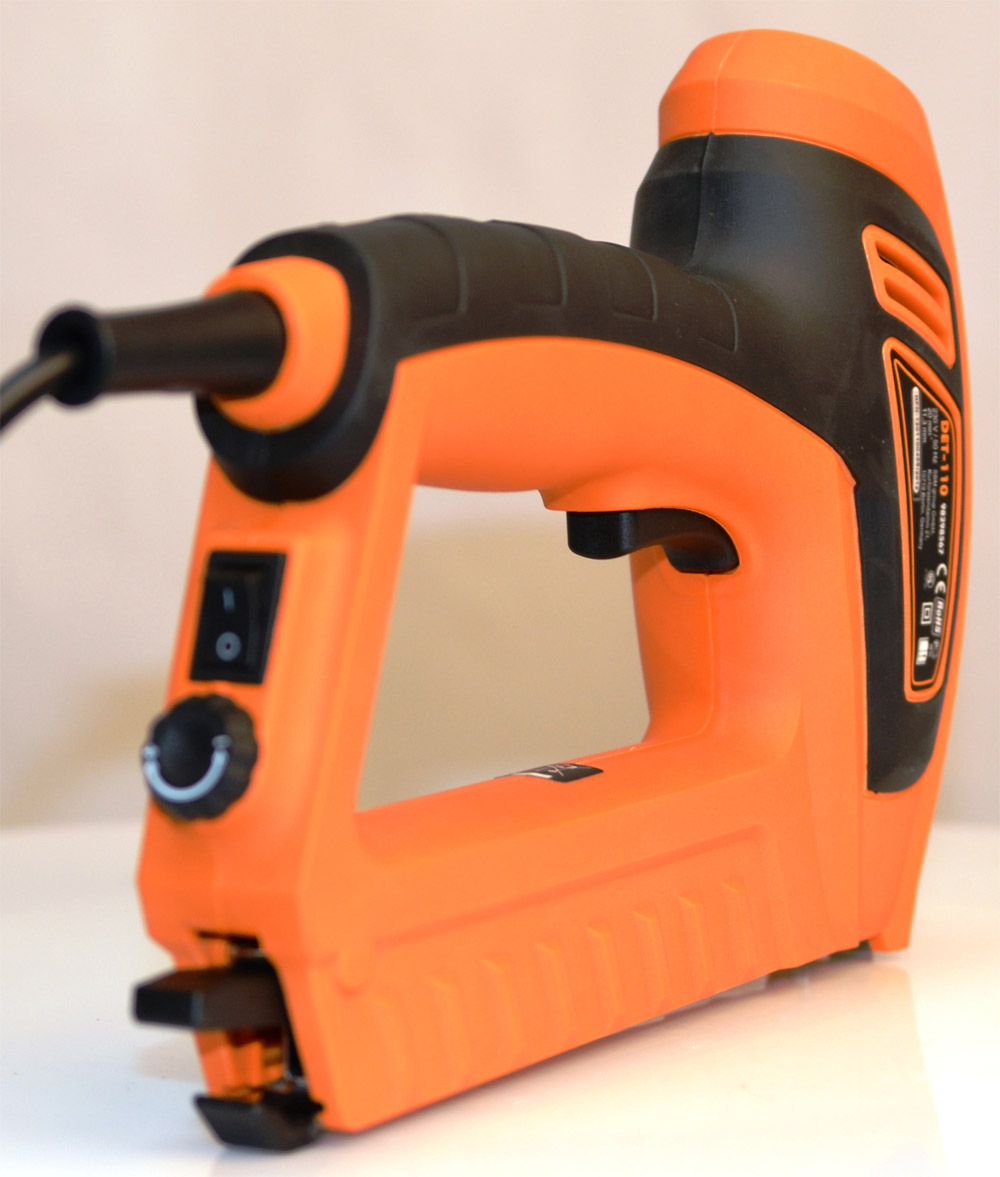
Pros of an electric stapler:
- High power, working speed increases significantly;
- The use of force is not required, thanks to which the master can carry out a large amount of work without feeling tired.
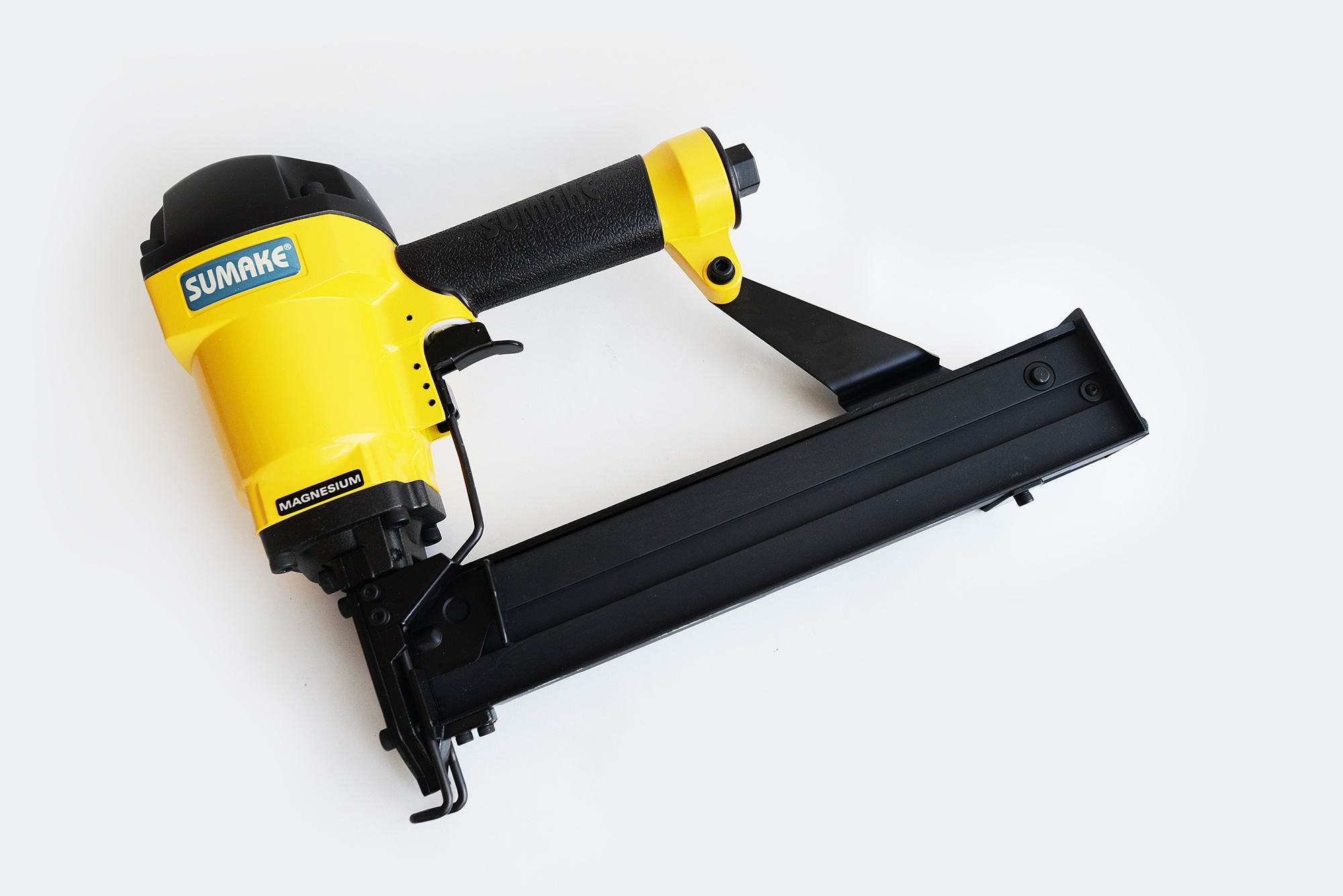
Minuses:
- The electrical apparatus is quite heavy;
- Its cost is significantly higher;
- It requires electricity or a built-in battery to work. In the first case, mobility is limited, in the second, cost and weight increase.
Basic parameters when choosing a tool
They choose a furniture stapler, both depending on the conditions of the planned activity, and starting from the complexity and volume of work. For small repairs at home, an inexpensive mechanical tool is sufficient.
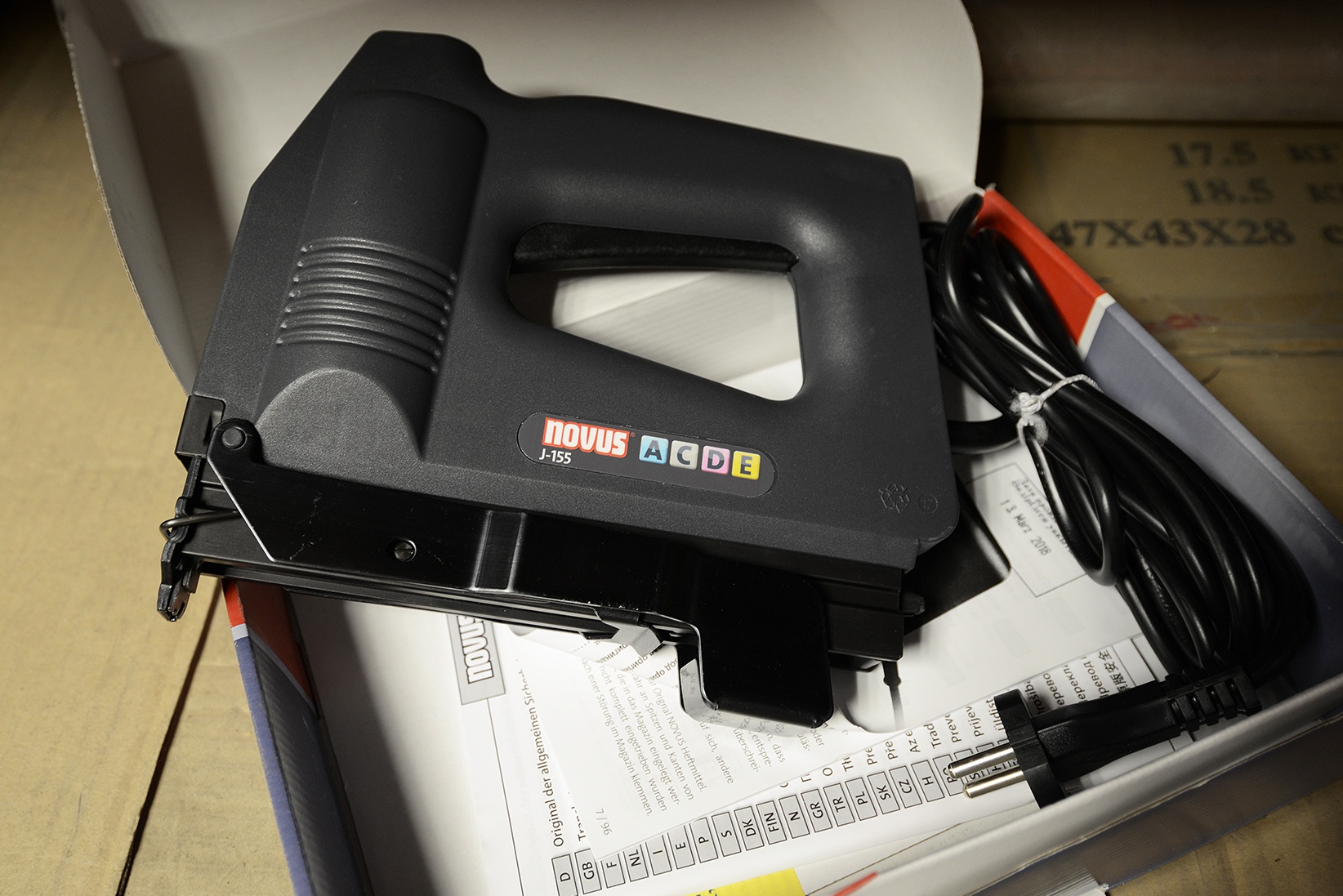
If it is planned, albeit small, but production, it is better to purchase a pneumatic stapler. When the scope of work is large enough, there is access to electricity and the budget allows, it will be right to choose the electrical option.
How to choose a furniture stapler for your home
When choosing a hand stapler for household needs, you should decide for what work and how often it may be required.
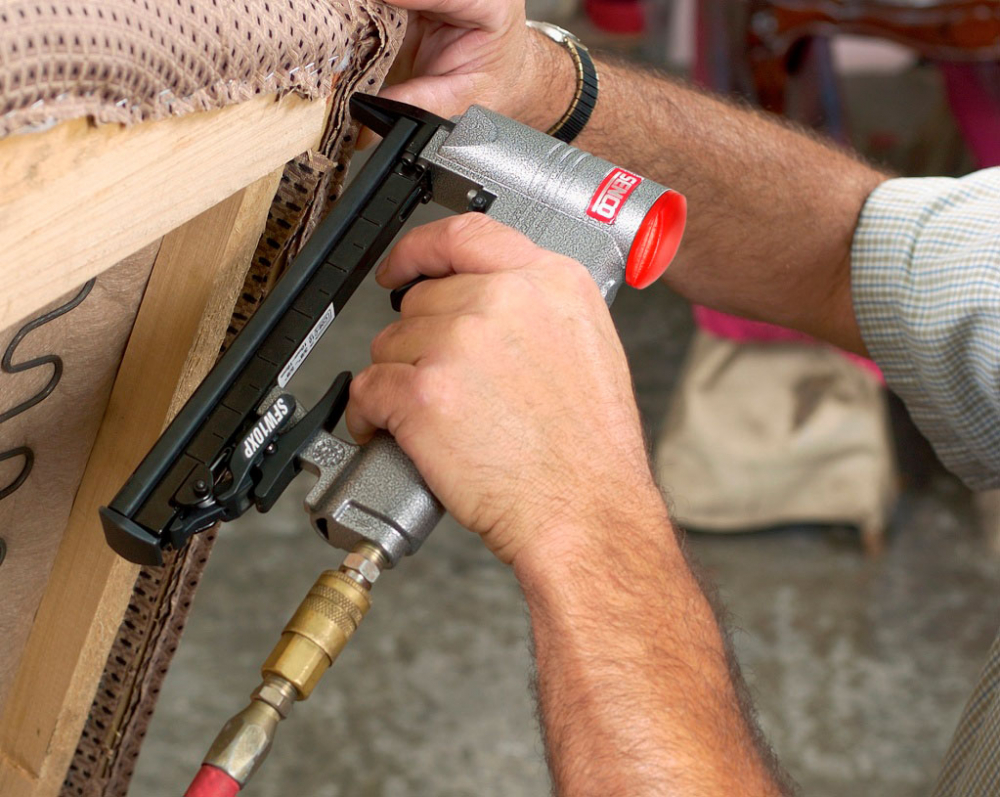
- If this tool is needed only occasionally, for example, for a favorite hobby, and its use is limited to working with thin fabric, paper or cardboard, then the simplest models made of plastic will do. They are designed for staples with a length of 4-8 mm and are lightweight and easy to use.
- If the stapler is purchased for frequent use, then it is better to pay attention to metal models. They are stronger, more durable and are designed, as a rule, for staples of greater length (up to 10 mm), which means that they can be used to attach denser materials.
- The most popular home tools are designed for staples 4-14mm in length. They are used by craftsmen who work with surfaces of various densities. These staplers have an adjusting screw with which you can control the force of the impact. And the speed of work and its quality largely depend on it. The denser the material, the deeper the bracket should be and the greater the impact force.
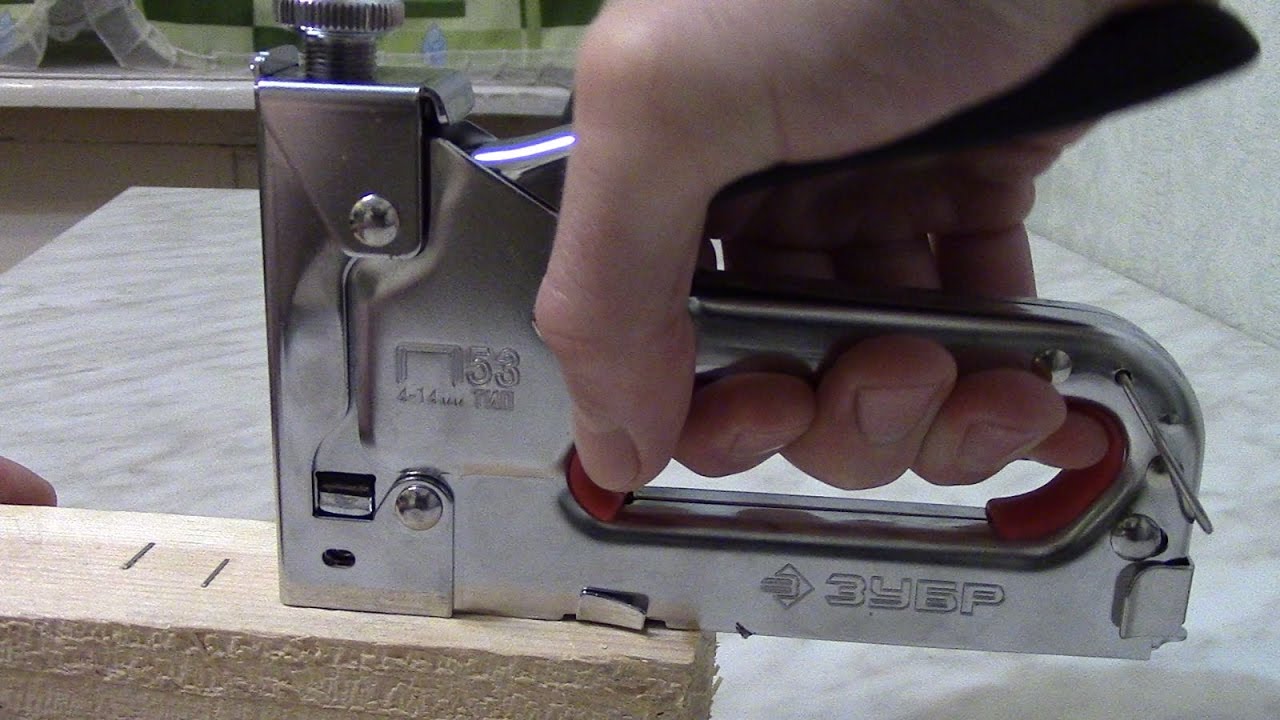
Recoil force is important when choosing a tool. To neutralize it, on some models, special shock-absorbing pads are provided and cases of a special design have been developed that distribute the recoil evenly over the entire palm.
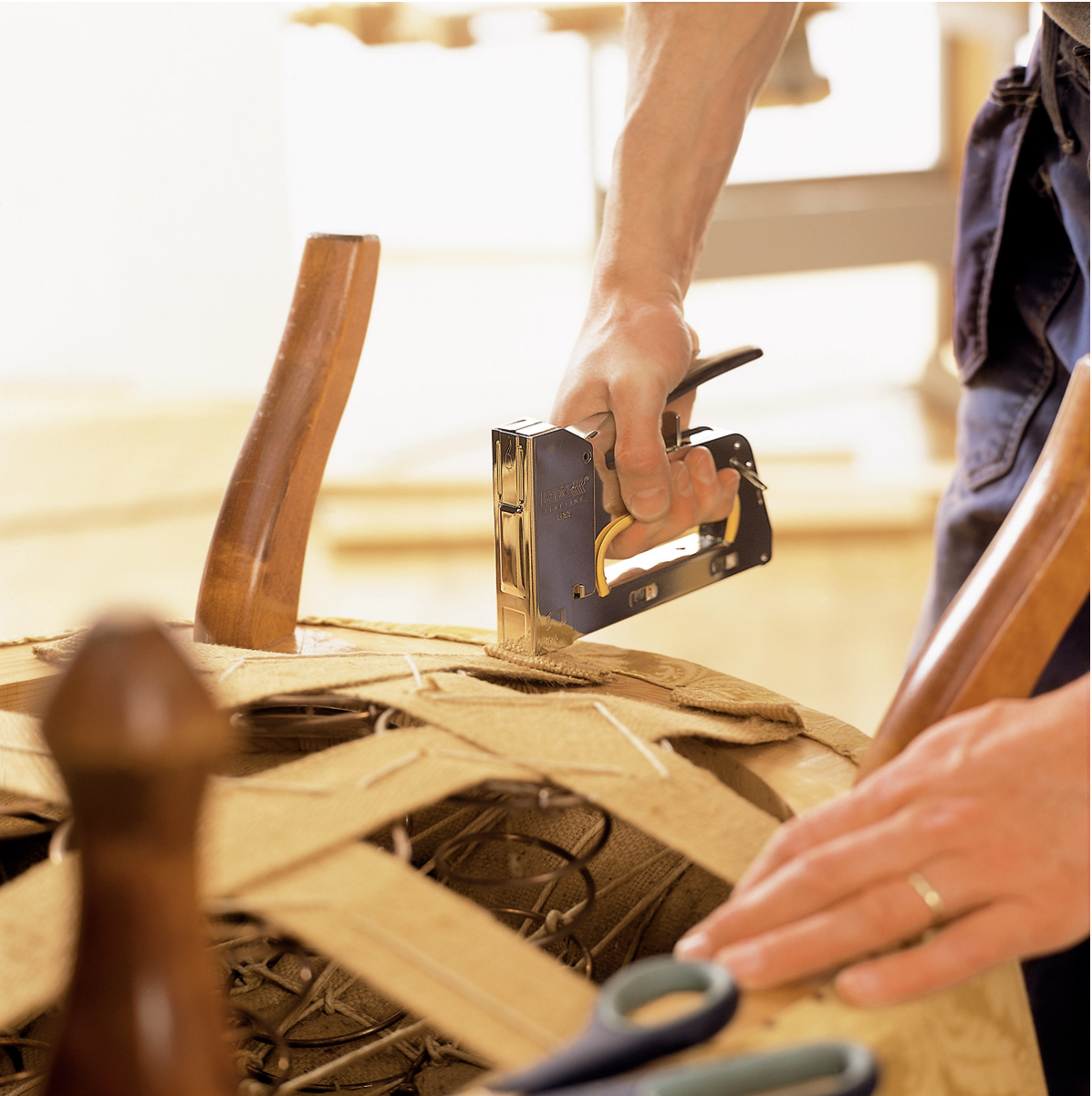
If comfort is more important than price, you should pay attention to professional models, where a special spring spring is built in to reduce the recoil force. When choosing a mechanical model, it is important to consider the angle of capture.Its optimal value reduces the load level and allows you to perform large volumes of work with minimal energy costs.
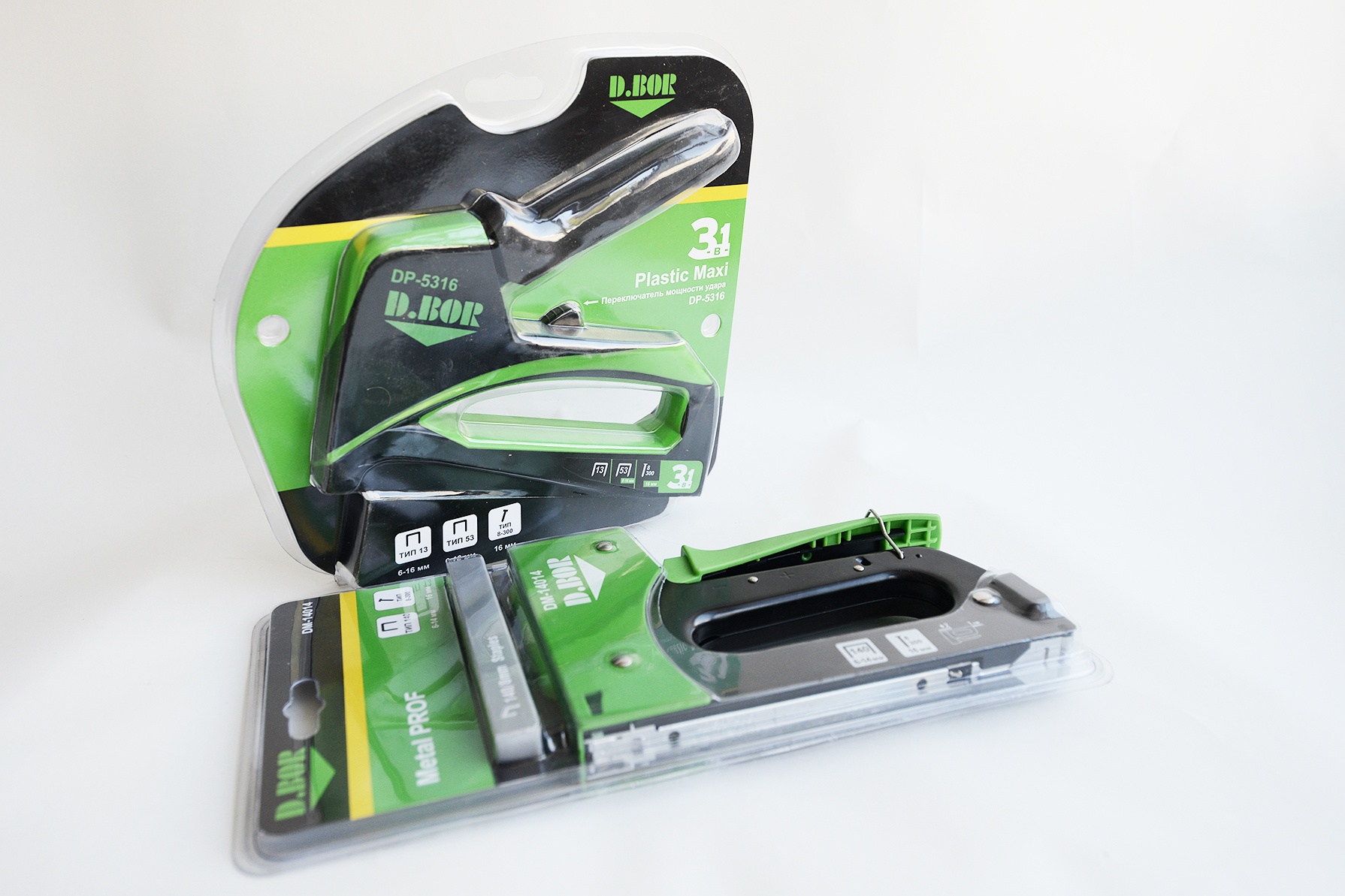
Additional parameters to look out for when choosing a stapler:
- Rubberized handle prevents the device from slipping during operation;
- The narrow tip helps you aim, and the protruding nose allows you to reach hard-to-reach places;
- A transparent window in the store for staples helps to keep track of their availability;
- Adjustment with a special screw allows you to change the spring tension and thereby change the impact force depending on the type of surface to be treated. This makes it easier to avoid "undershooting" or dents;
- The presence of a stopper on the handle increases the safety of the tool, as it prevents accidental pressing and flying of the clip.
Attention! Before buying, ask the seller to test the tool by hammering a few staples into a plywood board.
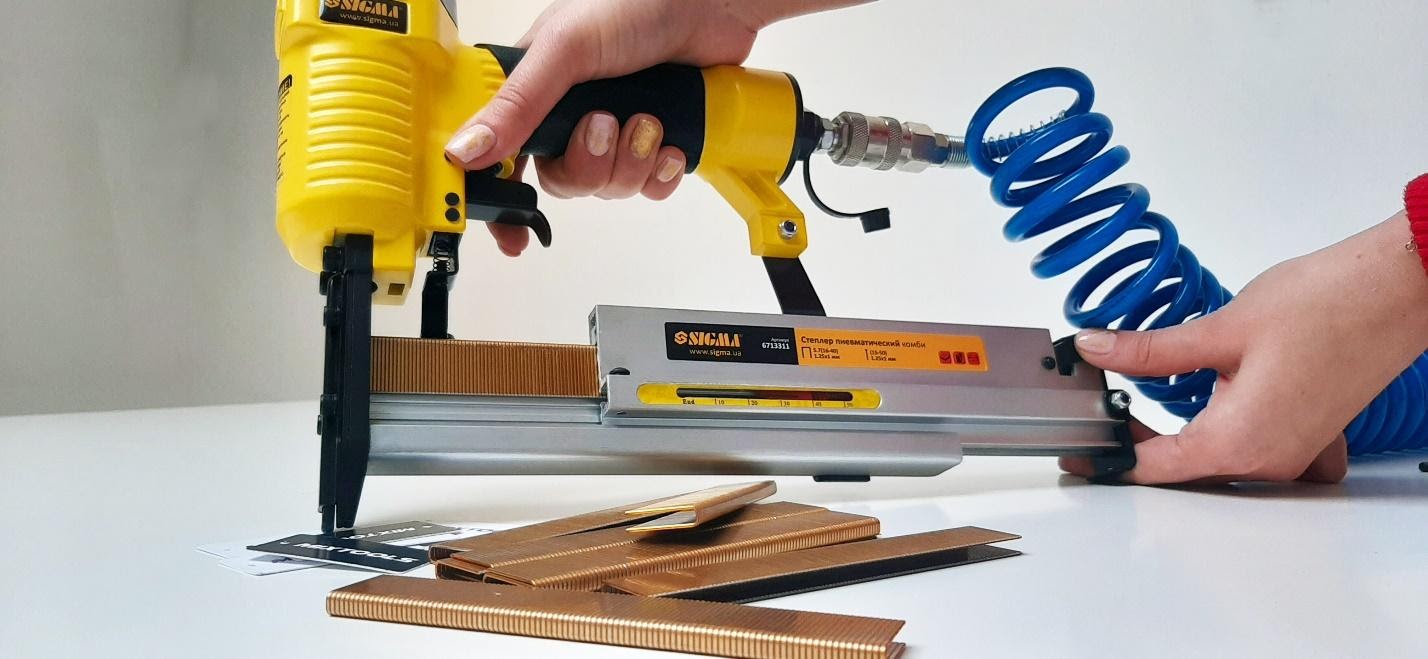
How to choose staples
There are so many types of staples on the market that their variety can confuse a novice craftsman. So how do you select staples for a certain type of furniture stapler?
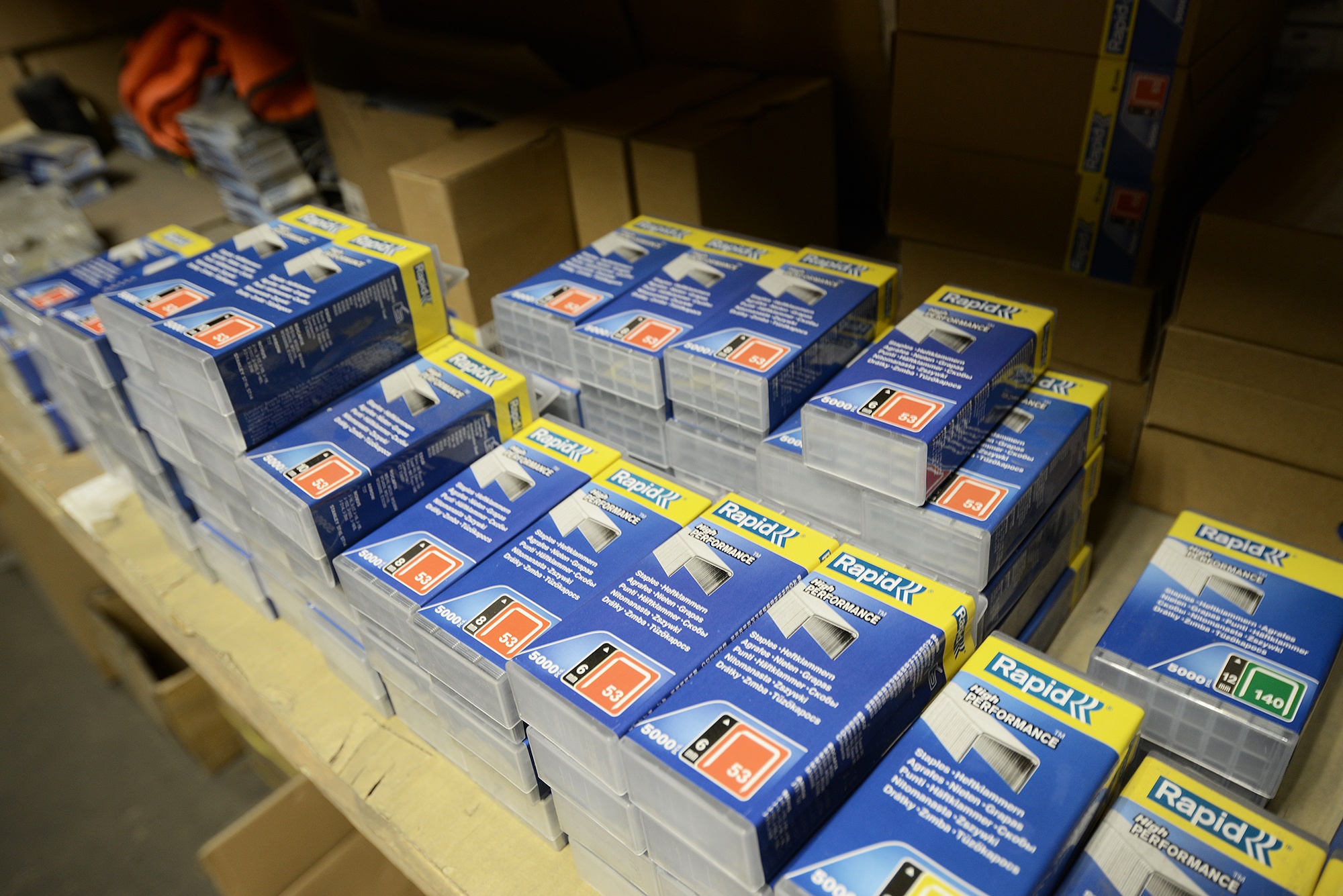
The type of staples that fit a particular tool is indicated on the packaging, in the instructions, as well as on the stapler body itself. Staples differ in shape (u-shaped or semicircular), dimensions (height, width, thickness in mm) and type of sharpening (sharpened or not sharpened ends).
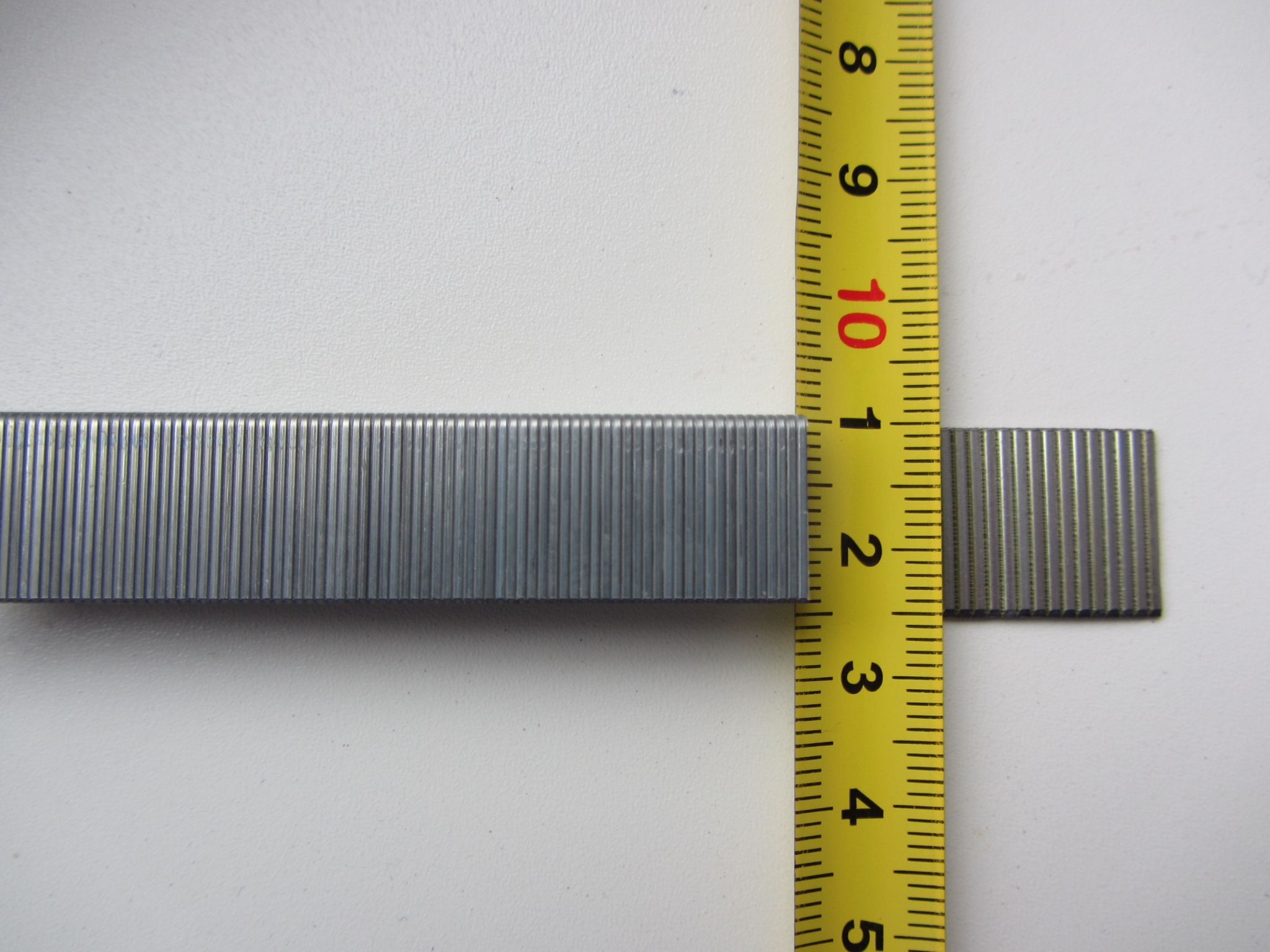
For convenience, depending on the size, all staples are divided into types. The most common in home use is type 53 (11.4 mm wide, 0.7 mm thick). The depth of such brackets is 4-14 mm. Type 140 is a little less popular. These staples are more powerful, thicker, and have a wide range of applications.
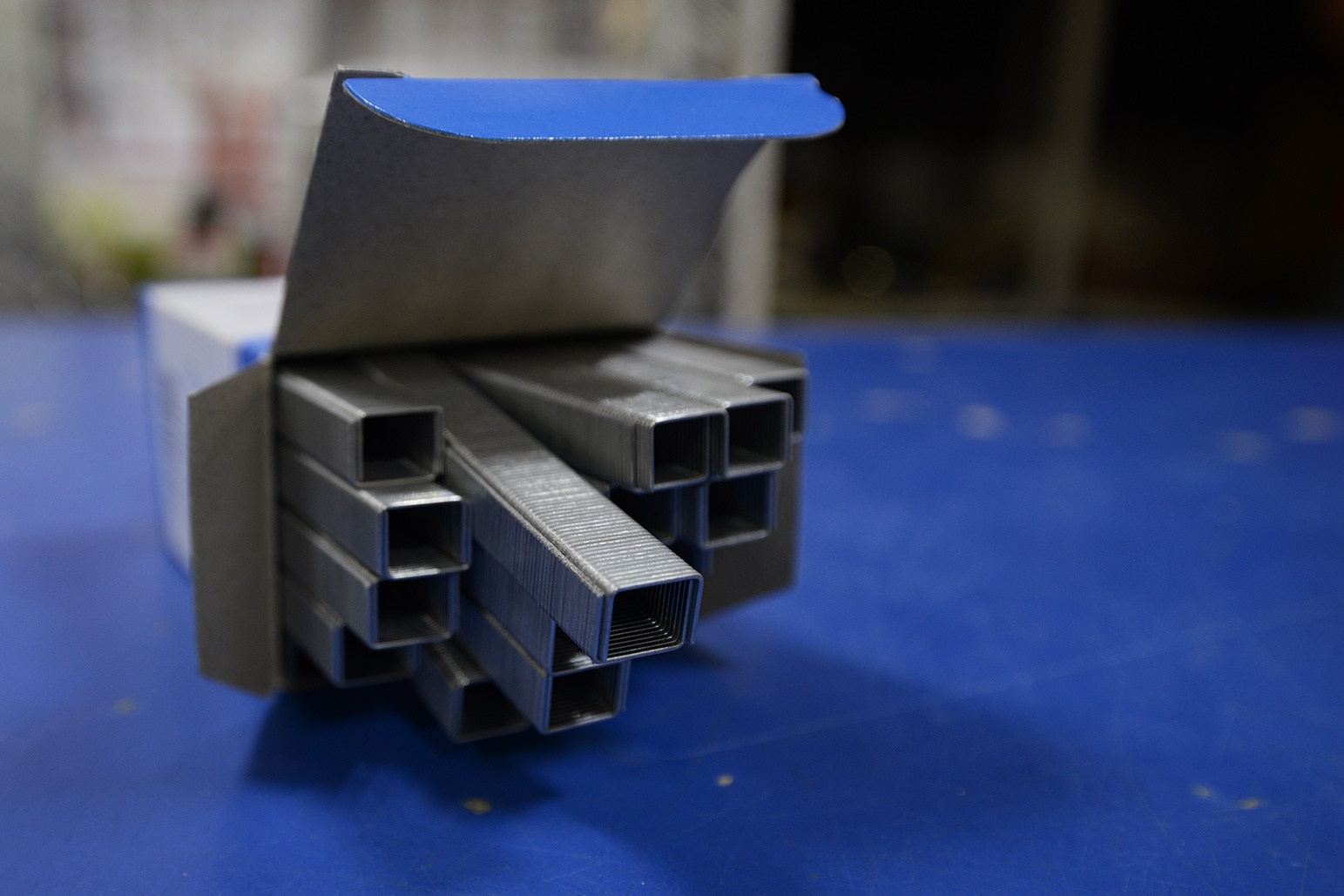
Type 300 (T-shaped studs 1.2 mm thick) and type 500 (studs without heads) are more used in construction, as well as type 36 (semicircular staples for fastening cables).
Important! If the type of staples is incorrect, the tool may jam. If you choose a smaller size, you can shoot with two staples at once!
Safety engineering
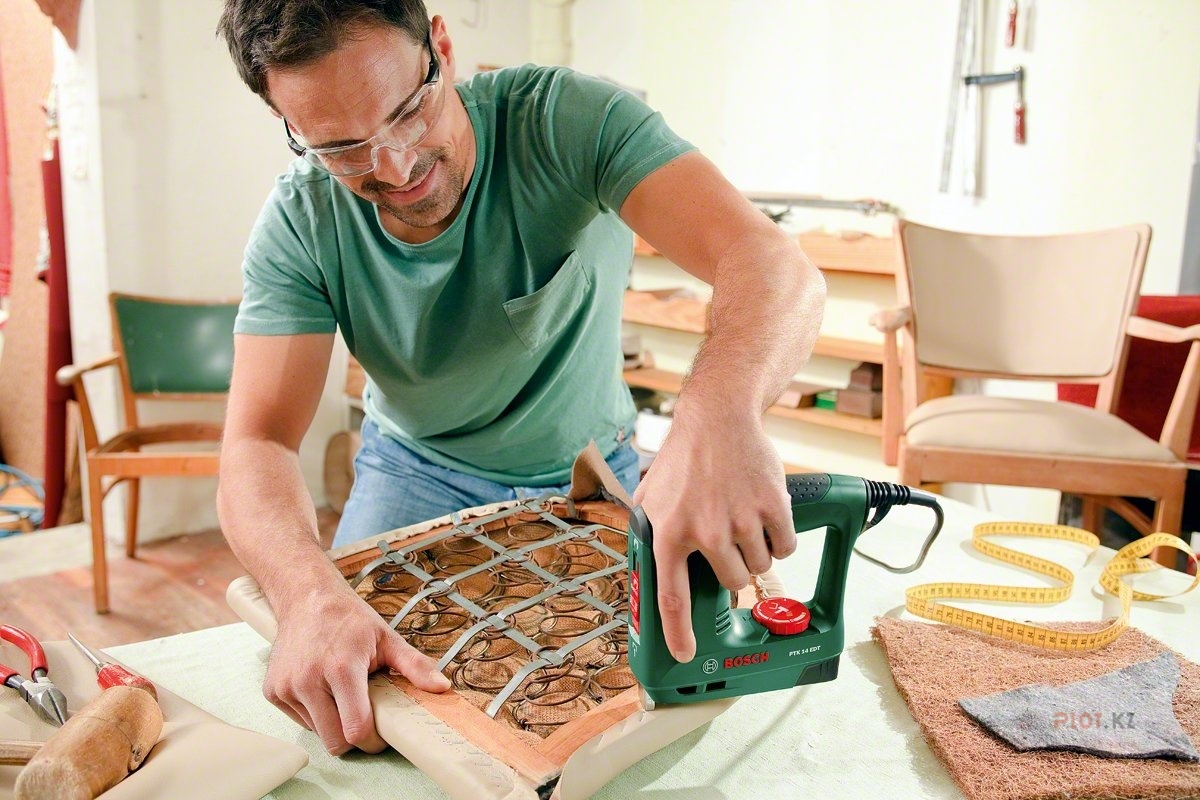
Before using any type of tool, it is important to learn how to use a furniture stapler safely. It is important to pay attention to the following points:
- To ensure safety, especially in the home, the fuse must be turned on when the appliance is shut down. This will help avoid accidental firing with staples;
- When pulling the fabric in the process, pressing it to the plane, make sure that your fingers are at a safe distance from the tool.
What is the difference between a furniture stapler and a construction stapler
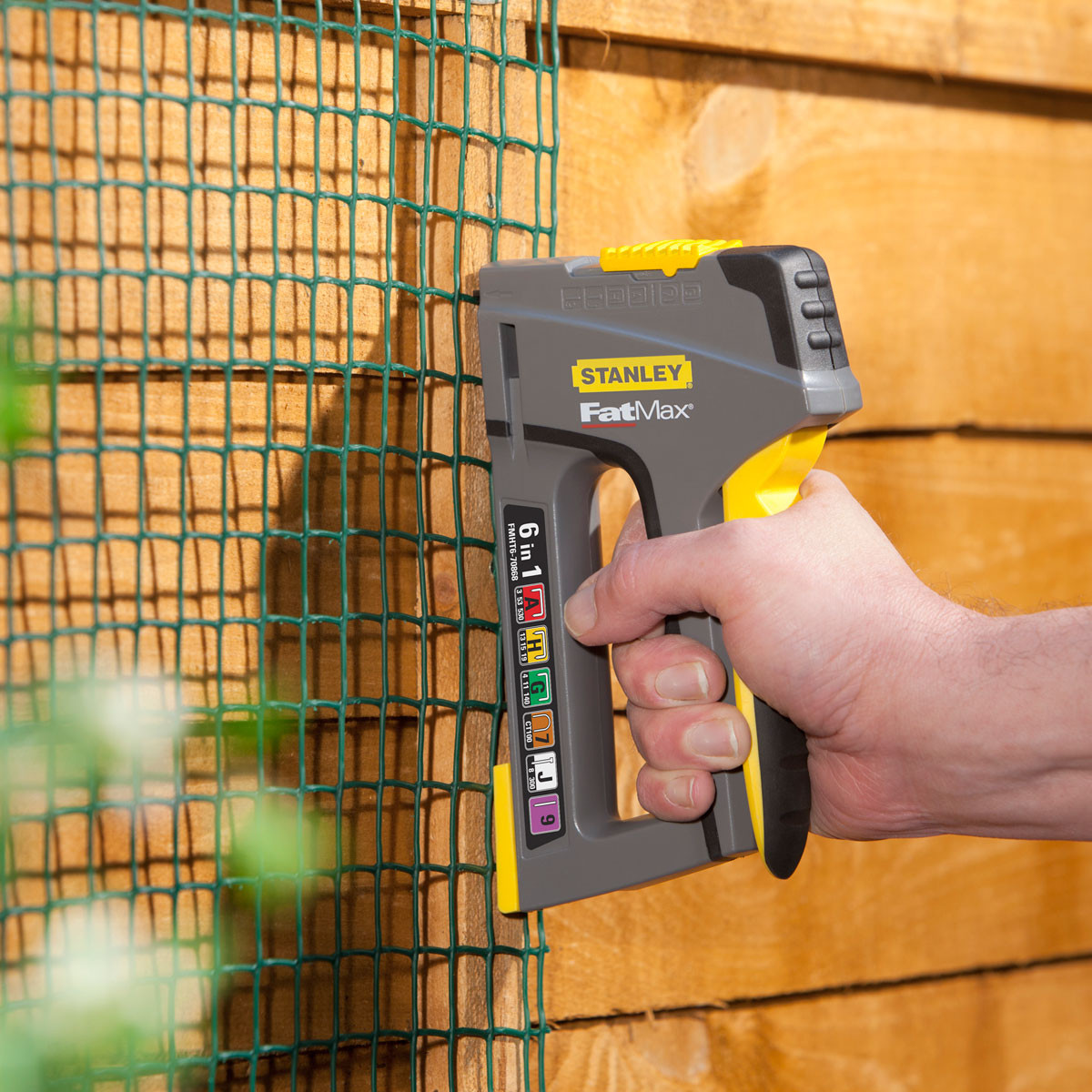
Stapler is widely used not only in everyday life, but also in construction for fixing various building materials. Unlike ordinary furniture models, professional models are usually more versatile and can work not only with staples, but also with nails, as well as pins up to 50 mm long.
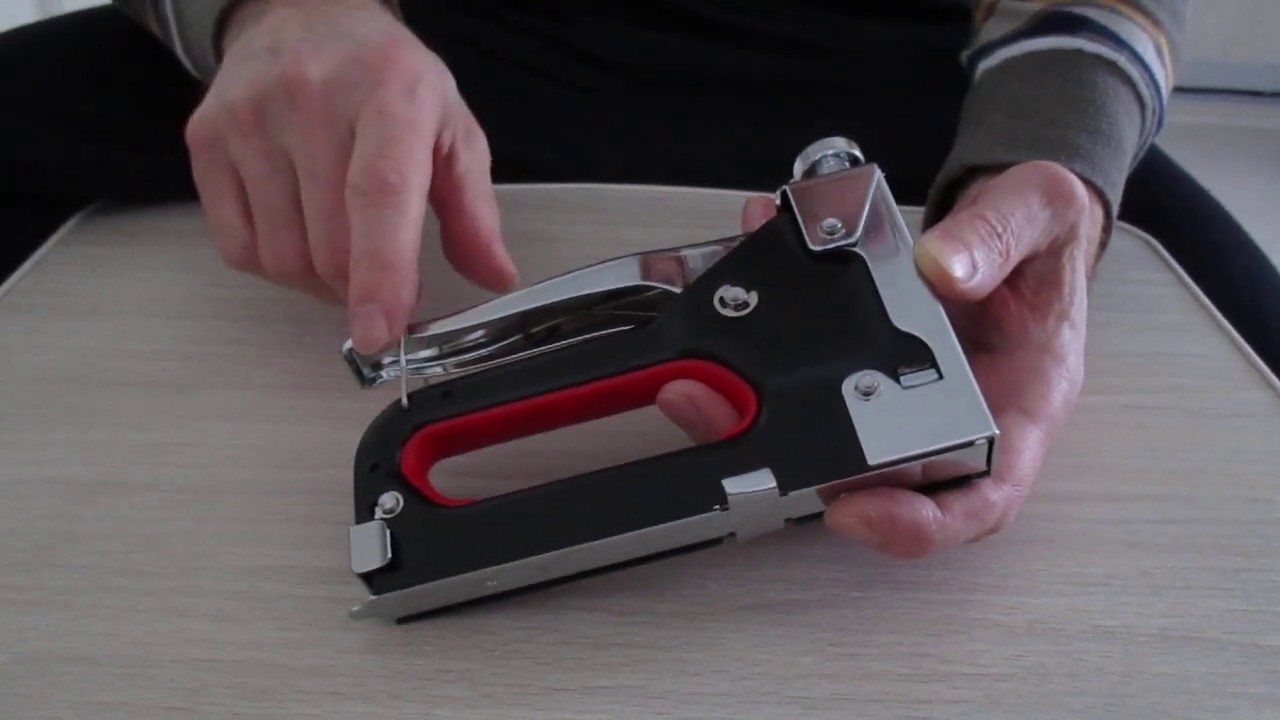
Although furniture and building models have a similar principle of operation, the latter are usually more powerful and massive, since they are designed for large fasteners and denser materials.
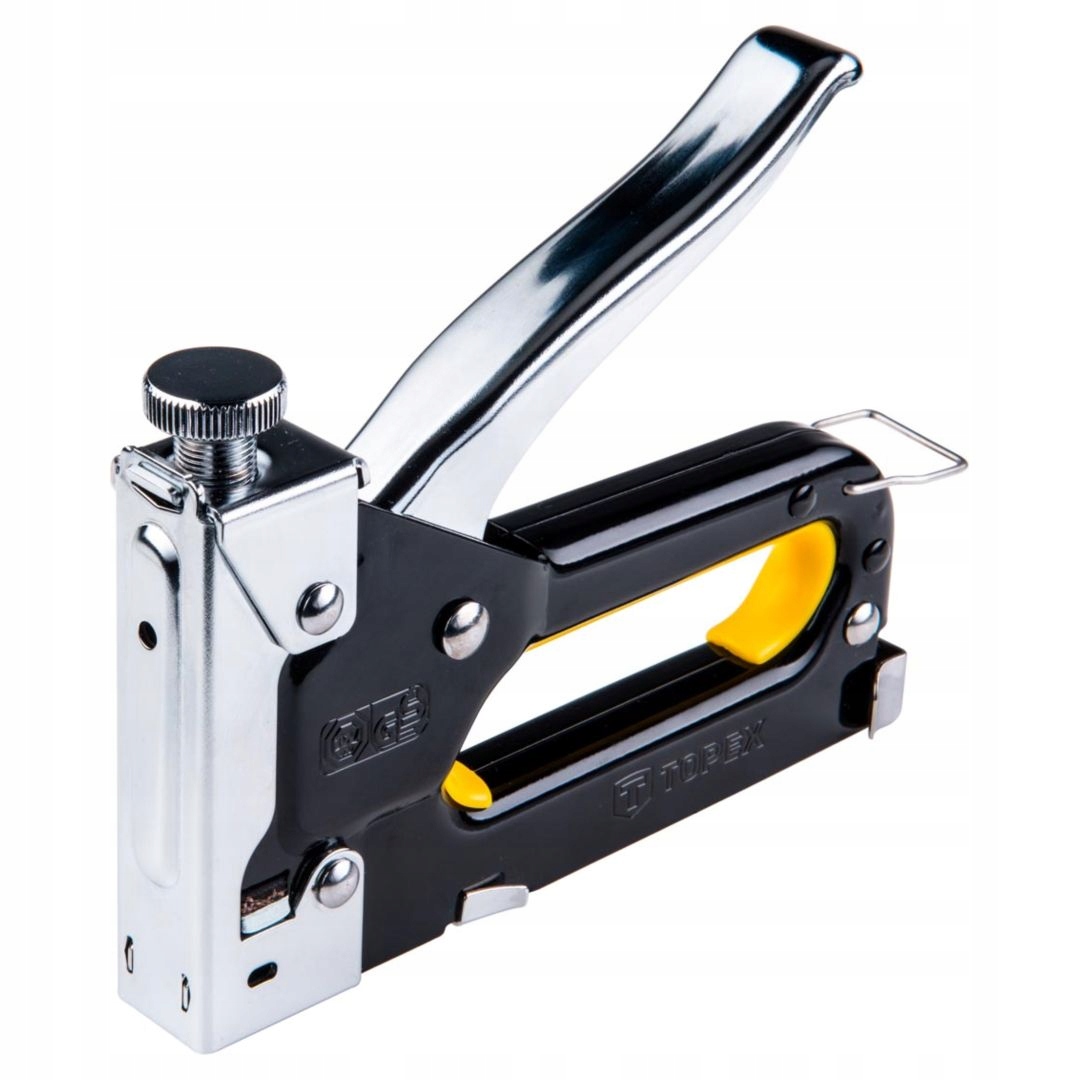
Thus, a mechanical stapler is quite suitable for home use with a small amount of work. If there is a lot of work to be done, it is worth paying attention to electric or pneumatic models.
Video: how to choose the right stapler
